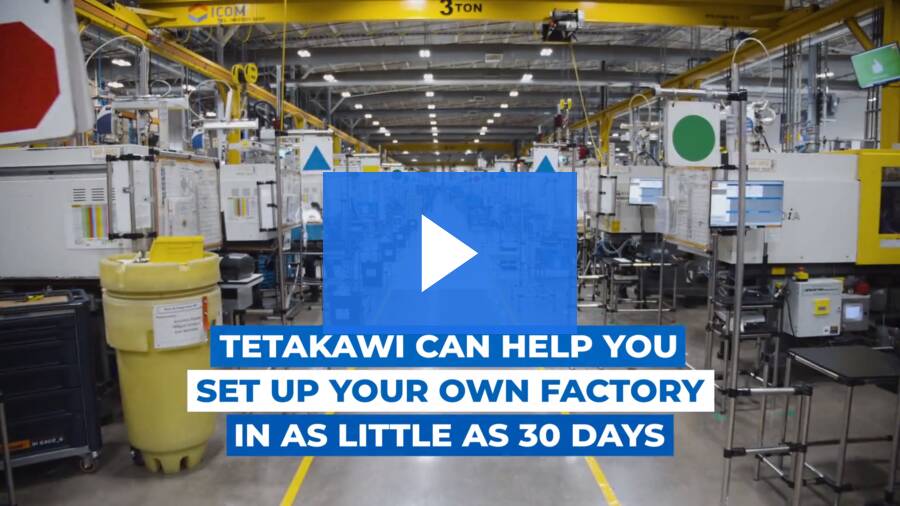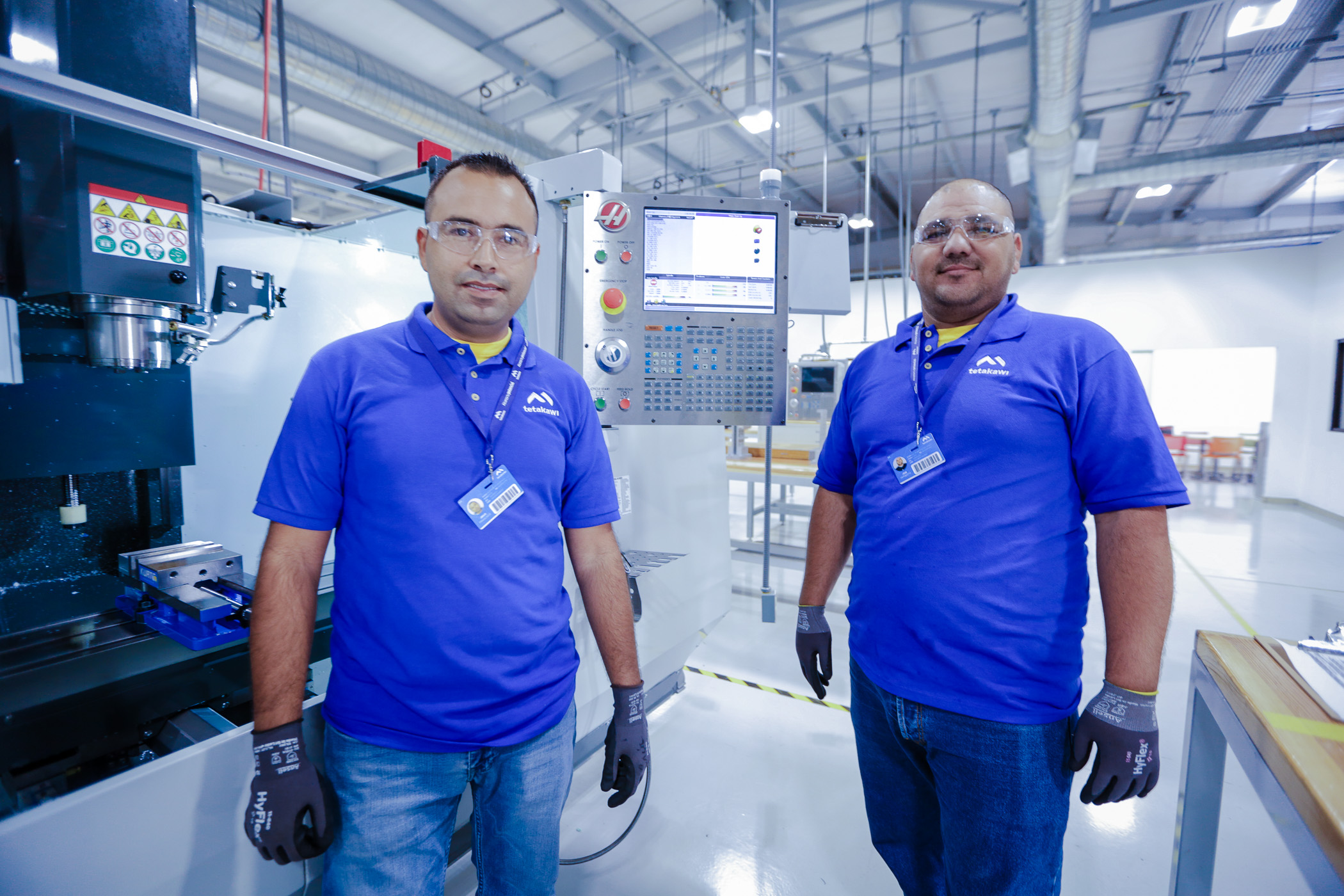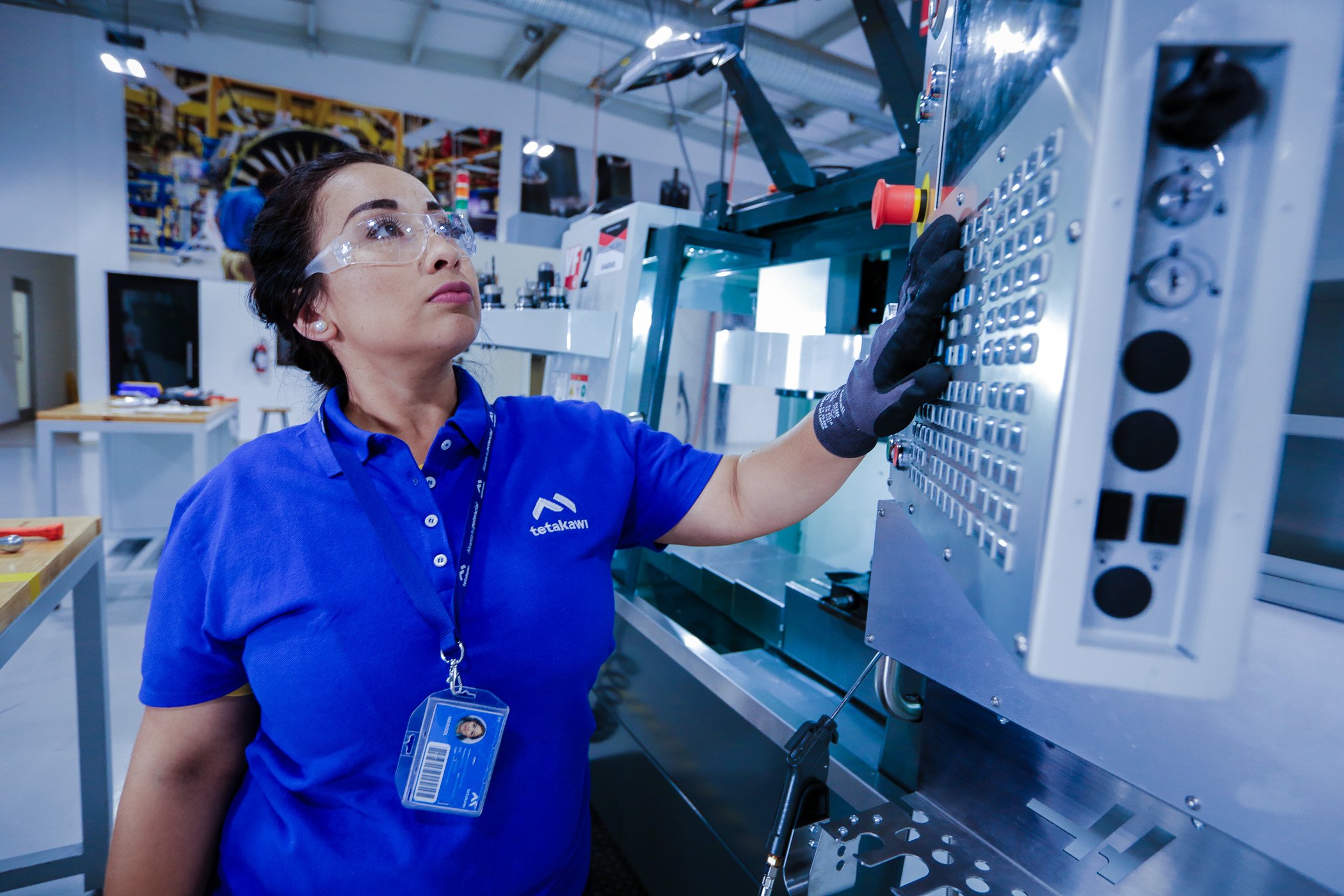Can shifting the production of critical goods to nearby countries help in building U.S. supply chain resilience? The US-Mexico Foundation (USMF) thinks so. This nonprofit dedicated to promoting binational cooperating between the United States and Mexico has launched a campaign to promote the concept of “ally-shoring.”
A report by American economists Elaine Dezenski and John Austin, “Case and Path of Development for Ally-Shoring: Mexico,” describes ally-shoring as the process through which countries can rework their critical supply chains to source essential materials, goods, and services between trusted allies. Its focus is on investing in relationships meant to protect and improve joint economic and national security. It is meant to build on a unique framework through which the U.S. and Mexico can “build on more than 30 years of tightly woven co-production and trade, but with an eye towards the future.”
It’s a strategic approach to reworking supply chains that addresses many of the disruptions highlighted by the global COVID-19 pandemic. As the USMF report notes, the disruptions shaking global supply chains have emphasized the United States’ vulnerability due to its over-reliance on China. By nearshoring production in Mexico, companies can balance a more localized supply chain with low-cost production while adding a level of security into their supply chain risk management.
Benefits of more localized supply chains
Localized supply chains are a boon to manufacturers as they reduce the risk of delays in transit. By working with suppliers closer to your manufacturing site, manufacturers can better respond to fluctuations in demand. Lowering global shipments can also help reduce companies’ environmental impact. The downside, however, is that onshoring manufacturing is virtually guaranteed to raise manufacturing costs. Realistically, manufacturers may better balance risk and costs with nearshoring.
Nearshoring is the act of moving manufacturing geographically closer to the country where the goods or services ultimately will be sold. By moving manufacturing to Mexico, for example, U.S. manufacturers can dramatically reduce shipping time. Mexico’s shared border with the U.S. also provides manufacturers with transit options via rail, highway, or one of its many deep-water seaports. Ultimately, these options and shorter routes can help companies meet a variety of environmental goals.
This location also allows manufacturers to benefit from lower real estate and labor costs available in Mexico, maintaining a cost advantage against competitors.
There’s an additional benefit that’s becoming increasingly important to consumers, and that’s for greater product customization to meet fast-changing customer desires. According to the USMF report, consumer demands are increasingly moving towards a demand for customization. This requires that manufacturers further reduce the time from order to delivery—a demand that gives ally-shored neighbors a competitive advantage. “Mexico already possesses advantages producing low volume, high-mix products quickly, which (with accelerating demands for product customization and speed to customer) will be an increasingly important business necessity,” the report notes.
Challenges of supply chain visibility
Another challenge facing manufacturers is a lack of visibility into their lower-tier suppliers. This can present a number of risks. For example, a lack of visibility into who is supplying Tier 3 components can prevent organizations from knowing when they are at risk of having a single-source supplier or other production constraints.
It can also hide the fact that lower-tier suppliers may be on government or other organizational watch lists. In fact, the USMF’s case for ally-shoring cites one of the primary benefits of this approach is that it reduces U.S. reliance on critical supplies from China and other state actors and potential exposure to intellectual property and cybersecurity risks. It also helps make critical supply chains less susceptible to disruptions that include political blackmail.
The researchers note that supply chains developed with Mexico can be more easily traced and monitored than many other countries. Greater connectivity between these two countries, USMF suggests, will further increase both countries’ ability to transparently monitor and secure the whole supply chain.
Mexico’s unique offering
While nearshoring is a concept from which many countries can benefit, USMF notes that Mexico offers a number of unique benefits that can help support the U.S., most notably reliability and innovation.
On the former point, the document notes that Mexico can provide a predictable, reliable source for many supplies deemed critical to the U.S., ranging from advanced manufacturing to medical and food supplies. The country’s dense supplier network has been built up across decades to simplify low-cost access to components across a number of critical industries. “With greater economic collaboration, Mexico can strengthen its geographical position as a predictable and reliable supply chain partner to the U.S.,” the researcher notes.
In addition, the report highlights the fact that Mexico offers a “sophisticated infrastructure of technological talent and globally engaged firms committed to forward-leaning innovation.” The country has become known as a world-class region of innovation and production, as the federal and state governments have built up education and training infrastructure to support unique production needs. Mexico has, as a result, “one of the most skilled and technologically capable talent bases,” the researchers conclude. Combined with its young and growing population, and it presents a highly skilled labor force ready to fill strategic gaps and shortages in the U.S. talent pipeline.
Identifying opportunities for ally-shoring
Enrique Perret, general director of USMF and former director for North America of the now-defunct ProMéxico promotion agency, told T21 that this concept is being presented to Mexican and U.S. government officials as a first step toward expanding the business environment of both countries. USMF is targeting COVID-19 aid as a first step for strengthening the connection and policy coordination between these two countries. It advises first establishing a working group of U.S. and Mexican officials and manufacturers to fill remaining gaps in COVID-19 or future global health recovery efforts.
Next, the organization aims to strengthen government collaboration with the U.S.-Mexico manufacturing community to map the size, scope, and competencies of businesses in Mexico to identify a greater opportunity for development, co-production, and sourcing across transformational sectors. These sectors include telecom, financial technology, automotive and aerospace manufacturing, as well as pharmaceutical and biotech production.
Ultimately, the group aims to work with both countries’ administration and manufacturers to develop a “smart border” plan. Smart border infrastructure, the researchers say, could speed the movement of goods at the border, better-facilitating trade and data-driven supply chain management and security systems.
A well-developed support network
The USMF notes that businesses should have no trouble finding support for a manufacturing move from China or other countries due to Mexico’s “well developed network of shelter organizations, business-led economic development and trade organizations.” These resources can help manufacturers quickly develop co-production relationships and suppliers.
Shelter organizations provide tremendous value in connecting manufacturers with the resources they need to quickly get operations up and running in full compliance with local regulations. Shelter companies provide a range of offerings that may include industrial real estate for lease, HR support, import/export assistance, and other administrative tasks. Most importantly, shelter service providers help companies navigate the hurdles typical to launching operations in a new country.
If you’re interested in learning more about how manufacturing in Mexico can help you build a more resilient supply chain, contact Tetakawi today.
Subscribe
Sign up and stay informed with tips, updates, and best practices for manufacturing in Mexico.





.jpg)
